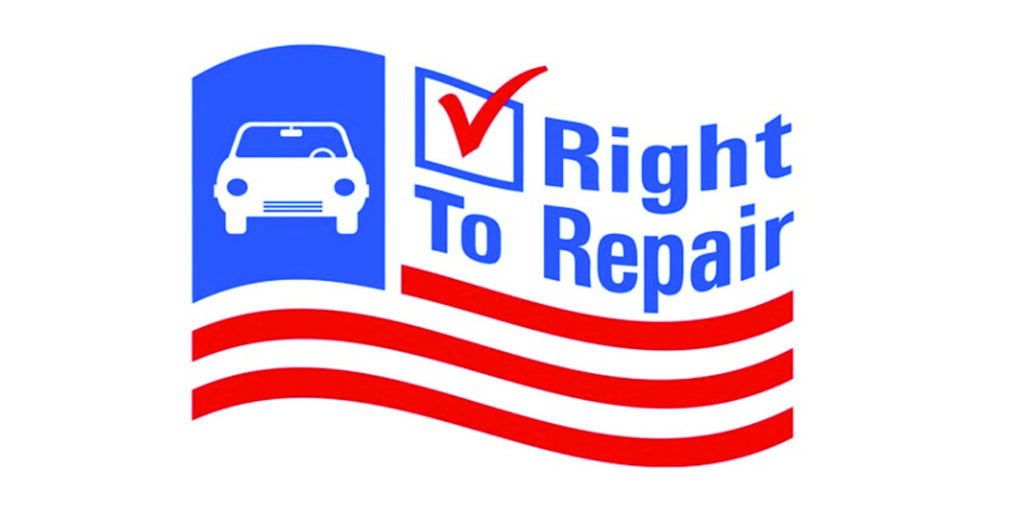From AAIA Capital Report
WASHINGTON, D.C. – The Department of Transportation (DOT) issued a proposed rulemaking on May 23 that would require electronic stability control (ESC) systems on heavy-duty vehicles weighing more than 26,000 pounds. According to the DOT, requiring ESC systems on tractor trailers and large buses would prevent 40 percent to 56 percent of untripped rollover crashes and 14 percent of loss-of-control crashes. In total, NHTSA and DOT estimate that 1,807 to 2,329 fewer crashes, 649 to 858 fewer injuries and 49 to 60 fewer fatalities would occur every year with such a standard in place.
Untripped rollovers and loss-of-control crashes due to understeer or oversteer conditions are common occurrences for heavy vehicles. Although there currently are no ESC requirements for heavy-duty vehicles, 26 percent of new tractor trailers and 80 percent of new buses above the 26,000-pound mark will already have these systems. ESC includes all of the functions of roll stability control (RSC) systems, which are also currently being built for heavy vehicles, but ESC also mitigates severe understeer and oversteer conditions by balancing brake force throughout the wheels of the vehicle. NHTSA has conducted studies on crashes involving heavy-duty vehicles since 2006 and their findings suggest that ESC could have a major impact on reducing these expensive and potentially fatal accidents.
Submit comments on the proposed rulemaking through www.regulations.gov, Docket Number NHTSA-2012-0065 by Aug. 21, 2012.
The notice of proposed rulemaking can be found here:http://www.gpo.gov/fdsys/pkg/FR-2012-05-23/pdf/2012-12212.pdf
MANN+HUMMEL NA Aftermarket Shows Right to Repair Support
Representatives from MANN+HUMMEL’s North American aftermarket brands recently visited Capitol Hill to express their support for H.R. 906.
Representatives from MANN+HUMMEL's North American aftermarket brands, which includes WIX Filters, Purolator Filters and MANN-FILTER, recently visited the legislative staff of U.S. Rep. Jeff Jackson of North Carolina’s 14th Congressional District. The purpose of the visit was to express support for the Right to Repair campaign.
MEMA Issues Statement on Tax Relief for Working Families Act
This measure contains the restoration of one year deductibility of research and development expenses, a key legislative priority for the association.

SEMA Urges Members to Support Tax Relief Bill
The Tax Relief for American Families and Workers Act of 2024 benefits specialty automotive aftermarket businesses, according to SEMA.

ASA Endorses Bipartisan Tax Framework
The Automotive Service Association says the legislation is beneficial for independent automotive repair businesses.

Industry Partners Urge Congress to Pass R&D Deductibility Fix
“Congress must restore this tax provision to enhance U.S. competitiveness, job creation and innovation as soon as possible,” said Ann Wilson, MEMA’s executive vice president of government affairs.

Other Posts
Legislators Challenge Vehicle Data Access ‘Double Standard’
Rep. Marie Gluesenkamp Pérez joined other legislators in sending a letter to NHTSA about proposed guidance for implementing the Massachusetts Right to Repair law.

House Passes Bill to Stop EPA Emissions Mandate
The U.S. House passed the “Choice in Automobile Retail Sales (CARS) Act” (H.R. 4468) with bipartisan support.

U.S. House Schedules Vote to Stop EPA Emissions Mandate
The SEMA-supported bill would prohibit the EPA from finalizing federal emissions standards for light- and medium-duty motor vehicles model years ’27 to ’32.

Section 301 Tariffs & Circumvention: A Closer Look
There’s buzz suggesting that these tariffs are likely here to stay, possibly with even steeper charges on specific items.




